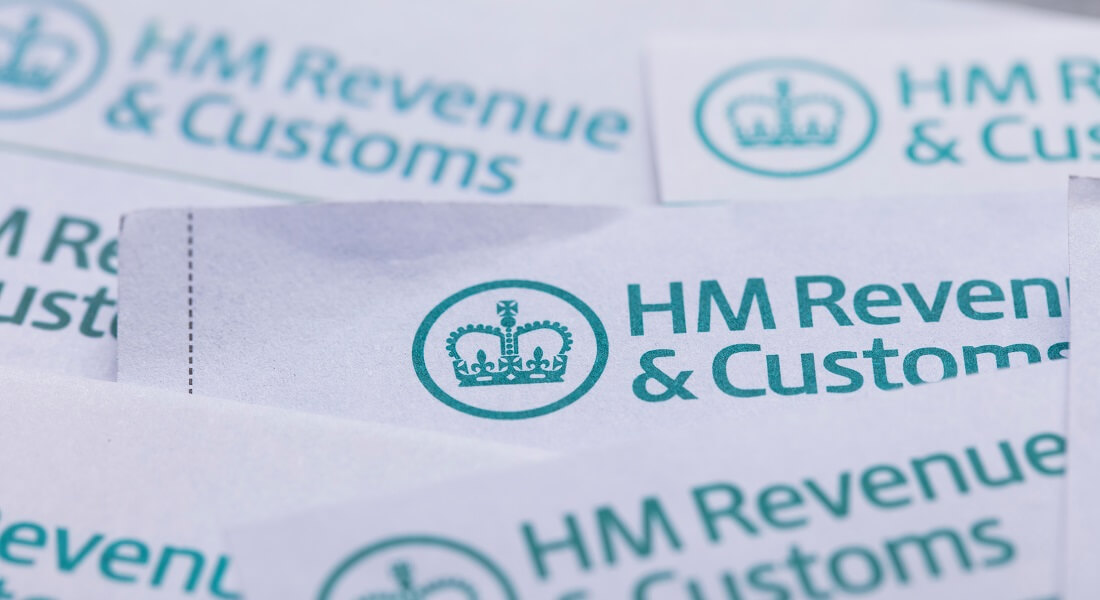HMRC continues to widen its nudge letter campaign, sending recent communications to:
- Nursing and care homes regarding Research and Development (R&D) claims
- Taxpayers who made a gift holdover relief claim in their 2021/22 tax return
R&D claims within nursing and care home sectors
R&D is a Corporation Tax relief that companies can claim on the costs of activities in pursuit of scientific or technological advances. R&D can reduce a company’s tax liability or produce a repayment.
HMRC is issuing nudge letters to small and mid-sized businesses within the nursing and care home sector. The letter is designed to educate the sector, which HMRC believes has been targeted by unscrupulous R&D agents.
HMRC has identified R&D as a specific tax risk within this sector; many claims may be invalid, as R&D relief is unlikely to be available. Most claims within the sector that are rejected include:
- Normal day-to-day activities, i.e. patient meals or care plans
- Observing behaviour
- Digitising administrative tasks
- Constructing sensory gardens
Interestingly, HMRC highlights that some R&D agents in this area insist on receiving the repayment and deducting a fee of 15-25%, before paying the taxpayer the balance. It is worth noting, that although an R&D claim may have been repaid, it does not mean that HMRC has approved it.
Due to this, company directors are asked to check R&D claims submitted to HMRC.
If HMRC finds a claim they believe to be ineligible, the business will have to repay the R&D relief, including any fee deducted by the agent. HMRC may also charge penalties and late payment interest on the ineligible claim, increasing the liability to the business.
Gift holdover claim
HMRC is also issuing nudge letters to taxpayers who have made a gift holdover claim in their 2021/22 tax returns, without including the completed HS295 form, or for cases where the form is not complete.
Taxpayers receiving a nudge letter have 30 days to either amend their tax return or submit a new, completed relief form. If action is not taken in respect of the nudge letter, HMRC may amend the tax return or open an enquiry into the taxpayer’s affairs.
HMRC’s letter states they are explicitly writing to taxpayers who have failed to claim gift holdover relief correctly, as their records show:
- That the relevant claim form has not been submitted, which is required for any claim to be valid; or
- The relevant claim form has been submitted, but it has not been signed, which means the claim for relief is invalid.
This means HMRC is unlikely to accept the claim, which could result in a tax liability on the disposal of that asset following HMRC’s amendment. In this case, HMRC would charge interest on any tax that is paid late. If HMRC takes corrective action, they may also consider penalties.
Seek professional advice
If you have discovered an error or omission within your tax claims or returns, being proactive and telling HMRC will lead to a more favourable outcome. Our Tax Disputes & Resolutions team can support with this process, helping to ease the stress of communicating with HMRC. Should you need advice, please contact Danielle Ford, Partner and Head of Tax Disputes & Resolutions, or Riocard Hoye, Senior Manager.


